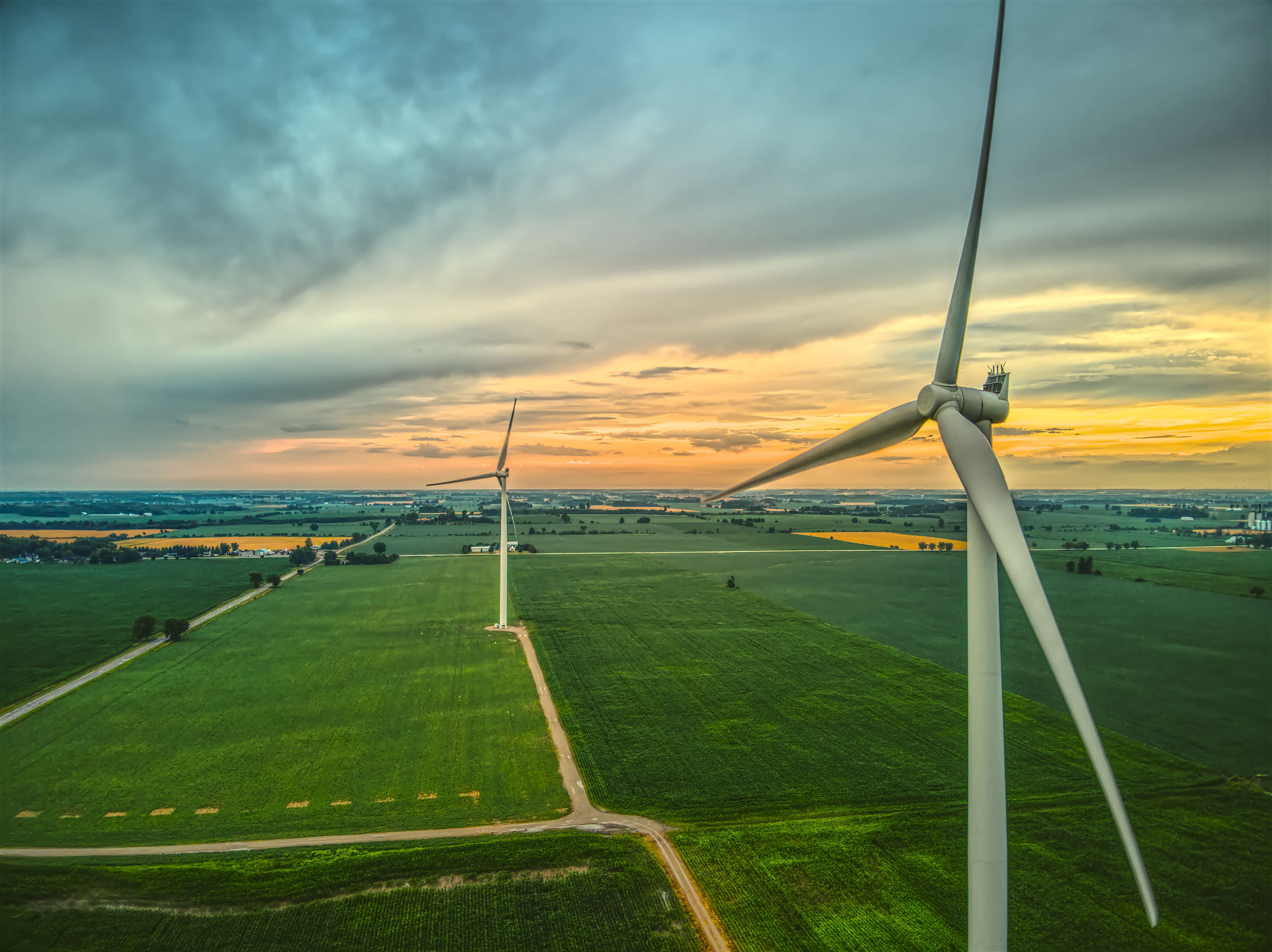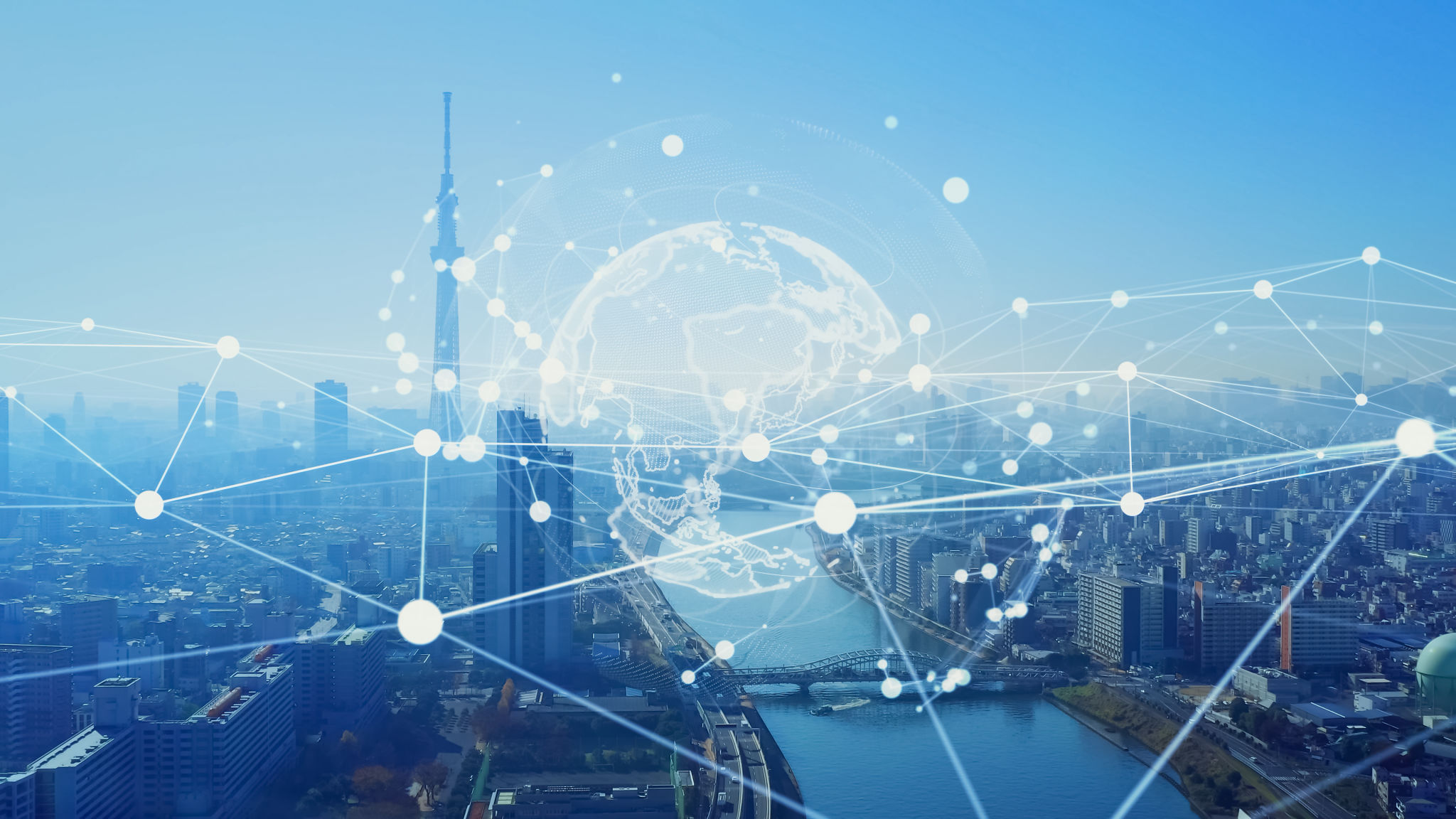Sustainable Innovation in Île-de-France: How Green AI Is Leading the Charge
Embracing Sustainable Innovation in Île-de-France
Île-de-France, a region renowned for its cultural richness and economic prowess, is emerging as a leader in sustainable innovation. As the world grapples with environmental challenges, this region is harnessing the power of technology to build a greener future. Among these advancements, Green AI stands out as a pivotal force driving sustainable practices across industries.

The Rise of Green AI
Green AI refers to the development and implementation of artificial intelligence technologies with an emphasis on minimizing environmental impact. In Île-de-France, Green AI is being integrated into various sectors, from urban planning to transportation, to enhance efficiency and reduce carbon footprints. By optimizing energy consumption and promoting renewable energy sources, Green AI is paving the way for a more sustainable society.
One of the key areas where Green AI is making a significant impact is in smart city initiatives. By analyzing vast amounts of data, AI systems can optimize traffic flow, reduce energy waste in buildings, and enhance waste management systems. These innovations not only improve the quality of urban life but also contribute to long-term sustainability goals.
Transforming Transportation
Transportation is a major contributor to carbon emissions, and Île-de-France is tackling this challenge head-on with Green AI solutions. Electric vehicles (EVs) are becoming increasingly prevalent, supported by AI-driven infrastructure that optimizes charging stations and routes. Additionally, AI algorithms are being used to enhance public transportation efficiency, making it a more attractive option for commuters.

- Smart Traffic Management: AI systems help in reducing congestion and optimizing traffic signals.
- Eco-friendly Vehicle Routing: Algorithms determine the most efficient routes for delivery trucks to minimize emissions.
- Intelligent EV Charging Networks: AI ensures optimal distribution of energy across charging stations.
Energy Efficiency and Renewable Integration
In addition to transportation, Green AI is revolutionizing how energy is consumed and produced. Smart grids powered by AI can predict energy demand and adjust supply accordingly, integrating renewable sources like solar and wind more effectively. This not only stabilizes the grid but also reduces reliance on fossil fuels.

Furthermore, households and businesses in Île-de-France are increasingly adopting AI-driven systems to monitor and manage energy usage. Smart meters provide real-time data, allowing consumers to make informed decisions about their energy consumption patterns, ultimately leading to reduced utility costs and lower environmental impact.
Challenges and Opportunities
While the integration of Green AI offers numerous benefits, it also presents challenges that need addressing. Data privacy concerns and the ethical use of AI are paramount as these technologies become more ingrained in daily life. Moreover, ensuring equal access to these innovations across different socio-economic groups is essential for creating an inclusive sustainable future.
The opportunities, however, far outweigh the challenges. By fostering partnerships between public institutions, private enterprises, and research bodies, Île-de-France can continue to lead the charge in sustainable innovation. Education and awareness initiatives will play a crucial role in empowering citizens to embrace these technologies and contribute to a greener world.
Looking Forward
As Île-de-France continues its journey toward sustainable innovation, the role of Green AI will undoubtedly expand. The region's commitment to reducing environmental impact while maintaining economic growth sets a precedent for others to follow. By harnessing the potential of technology responsibly, Île-de-France can inspire global change and ensure a better tomorrow for future generations.
